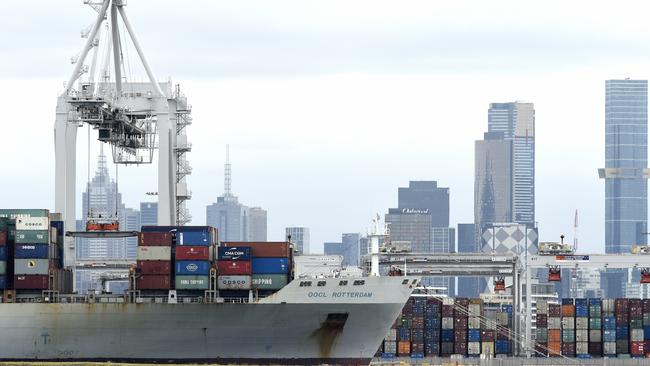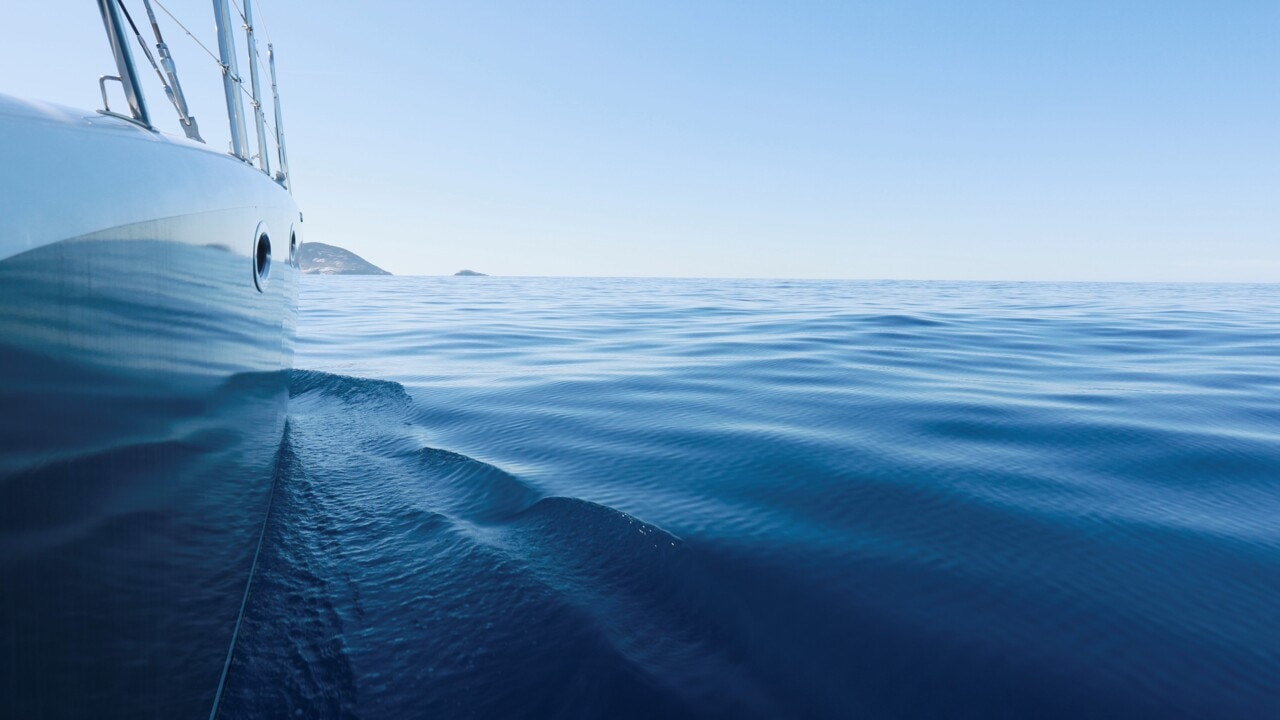Task force to examine merchant ship plan for Australian crisis security
A special maritime industry task force is examining the necessary financial arrangements to procure and operate a “strategic fleet” of 12 Australian-flagged merchant ships.

Anthony Albanese’s election pledge to establish a “strategic fleet” of 12 Australian-flagged merchant ships will be examined by a special maritime industry task force to be funded in next month’s budget.
The task force will determine the necessary financial arrangements to procure and operate the ships which would need an estimated $84m a year in ongoing subsidies – or about $7m per vessel – to make them competitive with foreign-flagged ships.
It will comprise shipping industry, business and Defence representatives, major charterers and unions.
The proposed fleet – to ensure access to fuel and key imports in periods of crisis – has strong backing of the union movement, the domestic maritime sector and key freight users, but the international shipping industry warned it would be so small it would fail to deliver the supply chain surety it was intended to achieve.
The vessels would be Australian-crewed and operated on a commercial basis, but available for requisition by the Australian Defence Forces during times of conflict or natural disaster.
The planned 12-vessel fleet is expected to include tankers, cargo, container and roll-on-roll-off vessels.

Maritime Industry Australia Limited, which represents domestic shipping companies and major exporters, said Australian-flagged ships currently found it nearly impossible to compete with international rivals, which unlike Australian operators paid no corporate tax.
Its chief executive Angela Gillham said Australian seafarers were also uncompetitive with international seafarers because their employers were required to pay income tax on their behalf, whereas international crews paid no income tax.
“What we would like to see are some key changes to our tax regimes that allow Australian vessels to compete on a level playing field with foreign ships,” Ms Gillham said. She confirmed the cost of operating an Australian-flagged ship was $5m to $7m more than if the ship was registered in a “flag of convenience” country, such as Panama or Greece, that offered low or zero taxation and cheap registration fees.
“They would be operated on a commercial basis, so they’d be turning a profit in a particular trade, because they’re able to access some kind of subsidy that offsets the cost differential to make them competitive with foreign vessels,” Ms Gillham said.
But global shipping operators, represented by Shipping Australia Limited, have expressed scepticism over the likely effectiveness of the policy, given 600 commercial ships make up to 20,000 port calls a year in Australia.
Shipping Australia policy manager Jim Wilson said there was a “long and sad history” of failed policies to support an Australian ocean-shipping fleet, including tax breaks, incentives, and protected markets.
“Yet private investors still preferred to invest elsewhere. Given this past, it is difficult to see how or why future incentives of this nature would attract private investors,” Mr Wilson said.
“A federally owned Australian shipping company racked up hundreds of millions in debt and went bankrupt – twice – at great expense to the taxpayer.”

.Former Labor transport minister Laurie Brereton was charged with privatising the company, declaring he couldn’t give it away.
“Government-owned fleets and subsidised services simply did not attract enough cargo at the right price to remain sustainable,” Mr Wilson said.
Retired deputy air force chief John Blackburn, who has written extensively about Australia’s vulnerability to supply chain shocks, said the government needed to commission a national security strategy to determine how Australia would respond to a major security or environmental crisis.
“When we are so reliant on just-in-time delivery, having some degree of shipping, as well as rail and road that we can call upon and direct under government control in the event of a crisis, is very important,” Air Vice Marshal Blackburn said.






To join the conversation, please log in. Don't have an account? Register
Join the conversation, you are commenting as Logout